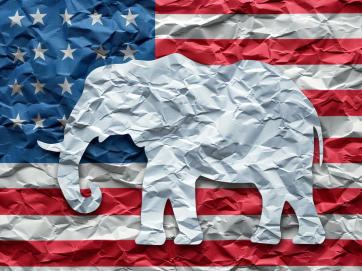By now, most of the world has heard of "Climategate"-- the e-mail scandal surrounding the Hadley Climatic Research Unit (CRU) at the University of East Anglia in the UK. (If you are unfamiliar with the story, you can catch up with this Wikipedia article.) In short, hackers broke into the university's e-mail system and posted on the internet private communications between climate researchers, and the e-mails are far from flattering. Besides gloating over the death of a climate change skeptic, the e-mails show concerted efforts by the researchers to manipulate temperature data, to block public access to their data, and (perhaps most disturbingly) to exclude skeptical or critical researchers from the peer review process. While it may be too early to describe this behavior as "scientific fraud," it is certainly appropriate to label it "unethical." The New York Times's John Tierney wrote an excellent piece about this scandal and its implications for climate change advocates. Tierney points out that the climate researchers involved became "so focused on winning the public-relations war that they exaggerate[d] their certitude -- and ultimately undermine[d] their own cause." What this situation also reveals is that scientists who become public policy advocates can lose the most important characteristic they have: objectivity. Scientists must accept data for what it is, not what they wish it to be. Scientists must deal with contradictory data, not ignore it. And most importantly, scientists must be transparent with their research and the conclusions they draw, not secretive. However, these ethical principles become far more difficult to uphold when scientists become activists. To be sure, "Climategate" does not disprove global climate change, but it absolutely raises the suspicions of a general public who is often leery of science to begin with. Furthermore, scandals such as this damage not only the researchers involved but the entire scientific endeavor itself. Scientists who become public policy advocates must walk a fine line. Unfortunately, the researchers at East Anglia crossed that line.
- Article
- December 18, 2009













